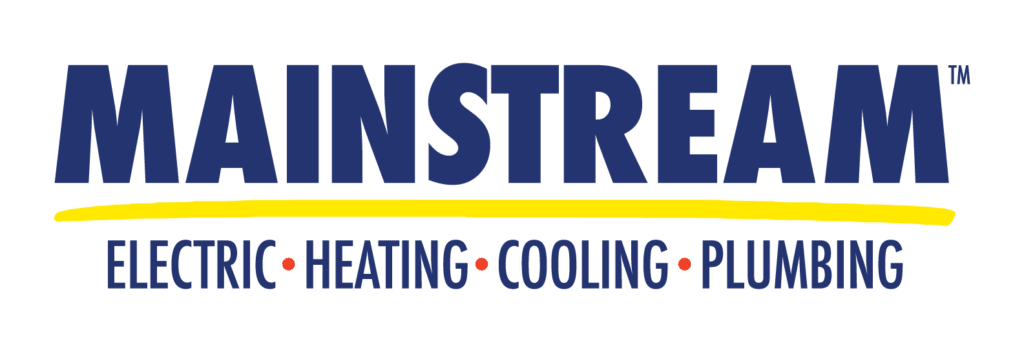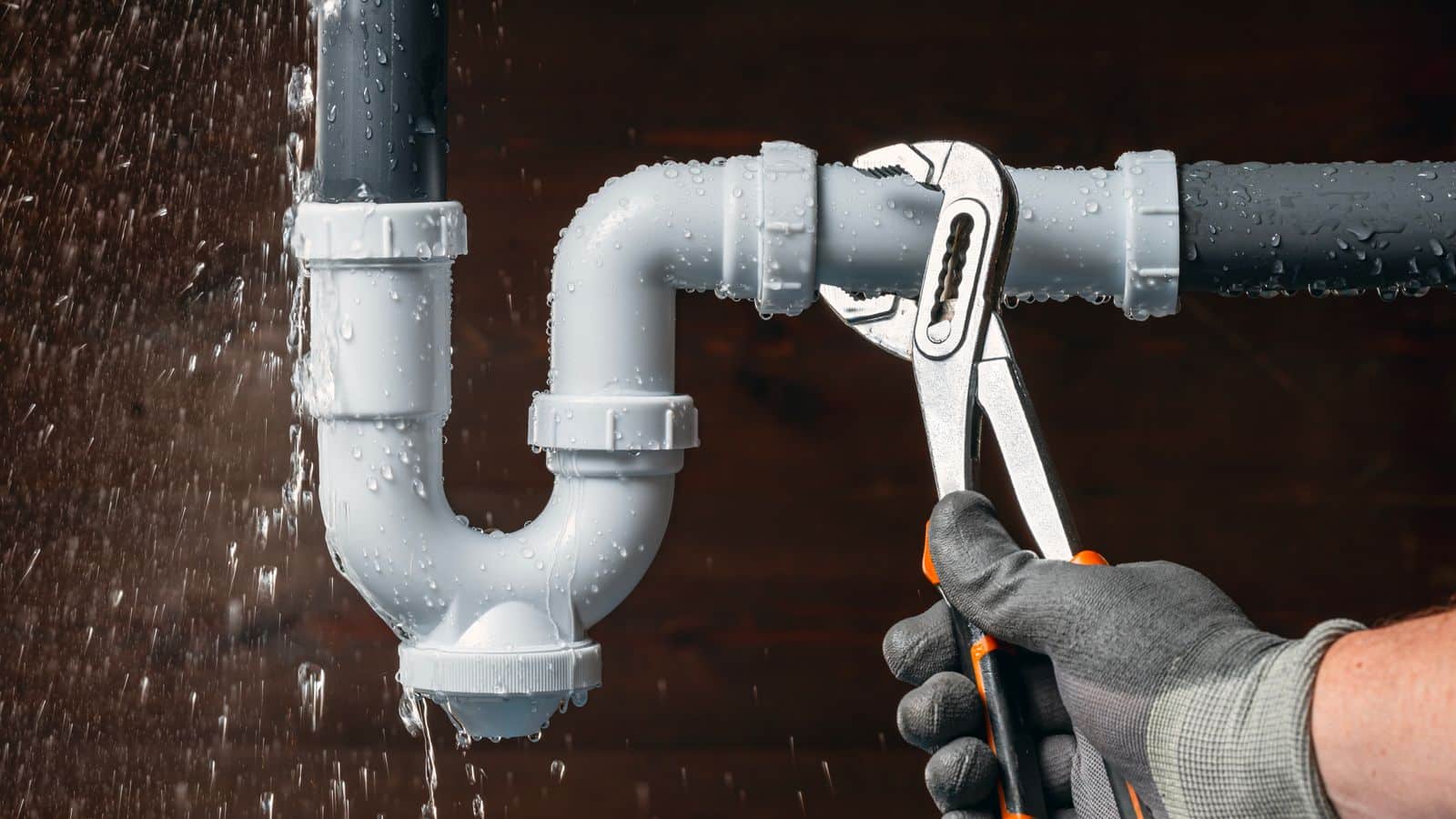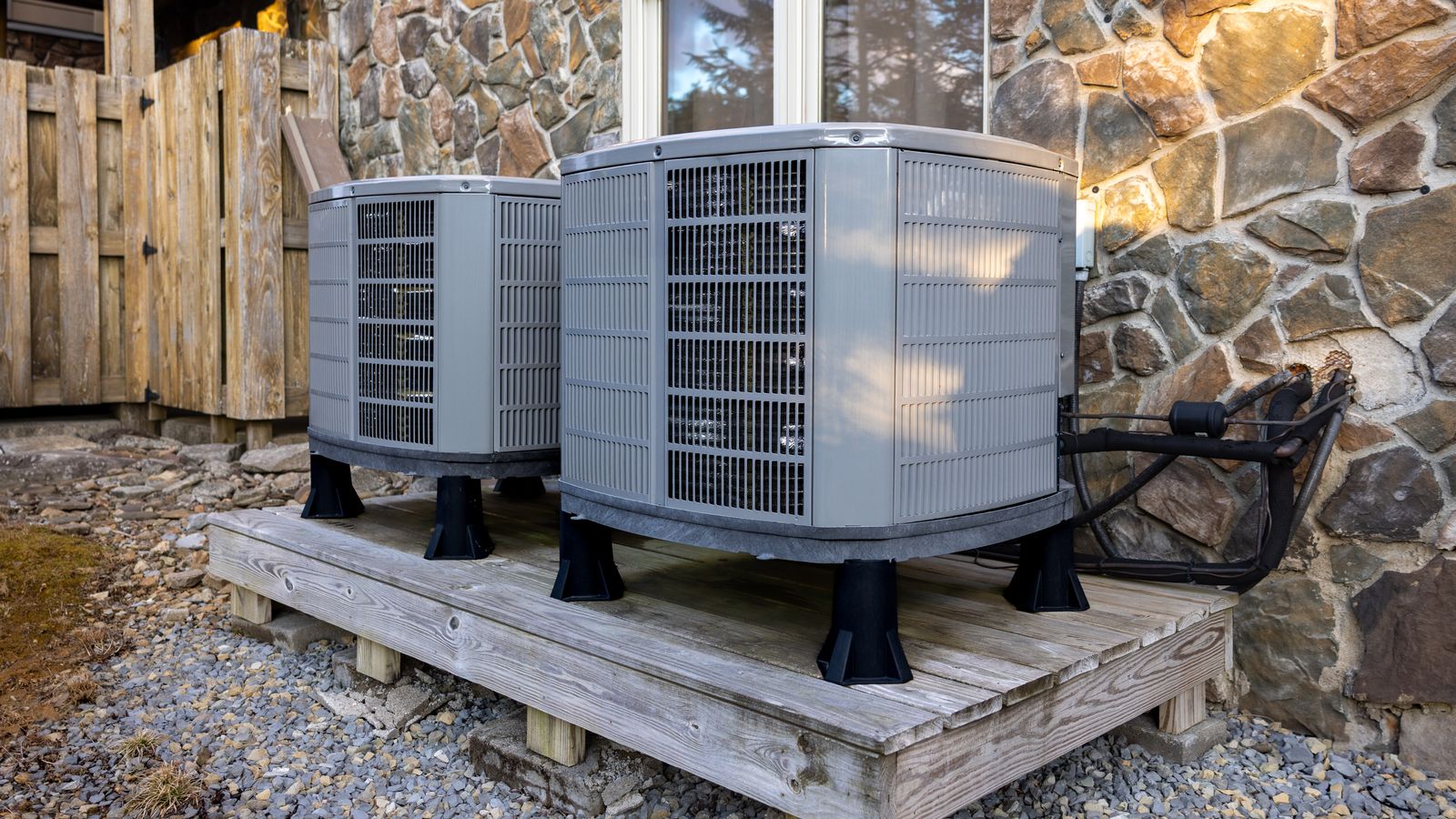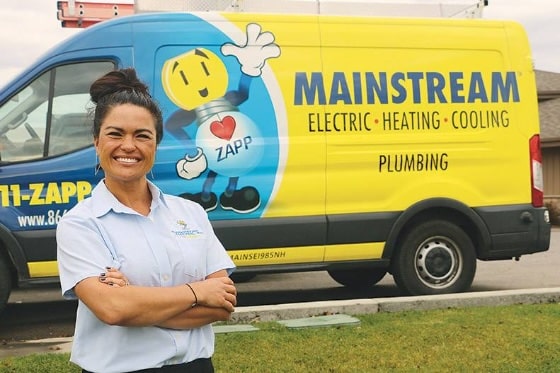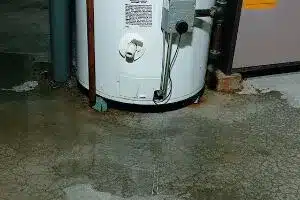When it comes to innovation in the plumbing industry, the water heater is leading the charge. Homeowners have more options than ever, including the tankless water heater. Every year, local residents across Spokane County and Northern Idaho invest in this modern appliance. Allow us to walk you through all the factors you will need to consider when deciding if a tankless hot water heater is right for you.
The Benefits Of A Tankless Water Heater
First, let’s take a look at all the advantages of investing in a tankless water heater.
Endless Hot Water
Traditional hot water heaters can only provide warm water until its tank runs out. The tankless water heater on the other hand guarantees endless hot water. It is not limited by the capacity of a tank and can generate as much hot water as you and your family needs.
Energy Efficiency
Tankless water heaters are significantly more efficient than tank water heaters. The Department of Energy has developed a rating system for appliances that helps homeowners calculate their annual energy expenditure called Uniform Energy Factor (UEF). Tankless water heaters are 99% efficient. This means that for every dollar you spend on natural gas, you lose only a penny or two with a tankless system. Traditional water heaters are only 70-90% efficient by contrast. If you do the math, you’ll realize upgrading to a tankless model makes a lot of financial sense. To summarize, a tankless water heater ensures lower monthly energy bills and reduces your carbon footprint.
Longer Lifespan
Traditional tank water heaters enjoy an average lifespan of 10 years. When the age of your tank water heater gets into the double digits, a host of recurring issues can start cropping up. In contrast, a tankless water heater can last twice as long. With proper maintenance, a tankless water heater can last up to 30 years.
Compact Size
Many homeowners dream of having a bit of extra space in the house or the garage. The good news is that tankless water heaters are small compared to their traditional counterparts. They take up a fraction of the space, allowing you to make better use out of your home’s square footage.
Before You Invest In A Tankless Water Heater
Before replacing your traditional water heater with a tankless alternative, there are a few drawbacks you should be aware of.
Gas Requirements
Different water heaters require different amounts of gas pressure to generate heat. Conventional tank water heaters need 38,000 – 40,000 BTUs to get the job done. This requirement is unlikely to strain your home’s gas load. Tankless water heaters on the other hand require 150,000 – 199,000 BTUs. If your home is unable to supply this level of gas pressure, you will need to upsize your home’s gas capabilities before installing a tankless system. This is an added expense you will need to consider before making your decision.
Cost
Speaking of expenses, a tankless water heater is generally more expensive to purchase and install. You will save money in the long run, but the upfront costs might not be justifiable in your case. Upon further investigation, you might realize that your family doesn’t need as much on demand hot water as the tankless water heater generates. Many families get by with a conventional 40 gallon gas water heater.
Maintenance
When you’re excited about buying a brand new tankless water heater, the last thing you want to think about is maintenance service down the line. It is, however, an essential part of owning a water heater. Both tank and tankless models require regular maintenance. Manufacturers recommend an annual water heater flush to get rid of any buildup and sediment. Most home service companies like Mainstream have “set it and forget it“ water heater maintenance plans to keep your appliance running smoothly. Neglecting water heater maintenance can result in serious problems, such as water heater leaks.
Buying a brand new tankless water heater is a large investment. We encourage you to continue doing research. If you have any questions, our plumbing experts are here to help. Fill out our convenient contact form or consider giving us a call today.
